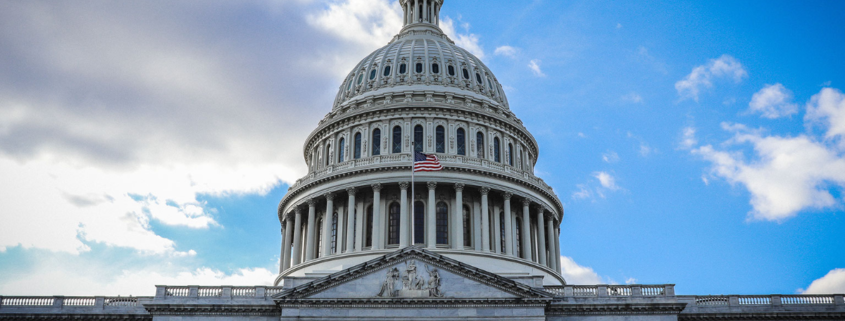PPP2 & Additional COVID-19 Relief: What it means for you
Please note: This blog is current to the date of its publication, Monday, Dec 28. For additional updates or assistance navigating these uncertain times, please contact us or visit our SST COVID-19 resource page.
On Sunday, President Trump signed the Consolidated Appropriations Act, 2021 (“Act”), providing an additional $900 billion in COVID-19 relief to American businesses, nonprofits and households.
There are several provisions in the legislation, which take effect immediately, and will impact many of our clients. Below, we’re sharing some of the most significant developments.
Paycheck Protection Program (PPP) Loan Forgiveness Updates
Recipients of the first round of PPP funding now will be able to deduct business expenses paid with forgiven PPP loan funds. The bill also clarifies that gross income will not include any amount that came from PPP loans or Economic Injury Disaster Loan (EIDL) grants. This preserves what many believe was the spirit of these programs to provide relief in the full amount to recipients.
In addition, a simplified forgiveness process now is available for loans of $150,000 or less. There will be a one-page forgiveness application that notes the number of employees retained, the estimated total amount of the loan spent on payroll costs and the total loan amount. Borrowers must certify the validity of the information and may be subject to audit. However, the single-page form will make PPP loan forgiveness much simpler for many small businesses and organizations.
It’s important to note that the simplified form is not yet available. The Small Business Administration has 24 days to create the simplified forgiveness form.
Additional Small Business Funding
The bill allocates more than $325 billion to small businesses through an additional round of PPP funding, EIDL grants and other assistance for businesses in low-income communities, and funding for arts and culture institutions. Sec. 501(c)(6) nonprofit organizations (chambers of commerce, trade associations, professional associations and visitors’ bureaus, for example) now are eligible for assistance, as well.
The second round of PPP funding, being dubbed PPP2, is available to first-time borrowers, as well as previous PPP recipients that meet additional criteria. For previous PPP recipients to receive a second PPP loan, the borrower must:
- Have under 300 employees,
- Used all previous PPP funds, and
- Show a 25% gross revenue decline in any 2020 quarter compared with the same quarter in 2019.
PPP2 will allow for the same eligible expenses as the first round of PPP funding: payroll, rent, covered mortgage interest, and utilities. In addition, the second round will possibly cover operating expenses – such as software, cloud computing platforms and accounting services – and expenditures to essential suppliers. Personal protective equipment and other business expenses related to virus mitigation and prevention will be covered, as well.
Like the first round of PPP funding, borrowers may request up to 2.5 times their average monthly payroll costs. Special provision now has been made for hotels and restaurants under a certain NAIS code, which can calculate potential funding on 3.5 times their average monthly payroll.
It’s important to note that the loan amount has now been capped at $2 million, down from $10 million in the original program. To qualify for full PPP loan forgiveness, borrowers must spend at least 60% of the funds on payroll over a covered period of either eight or 24 weeks.
Other Consolidated Appropriations Act Details
There are several other provisions outlined in the Act, which may benefit you or your business. A few of these include:
- Stimulus payments to individuals making up to $75,000 per year and married couples making up to $150,000 per year, as well as a payment for each child dependent,
- 100% deductibility of some business meal expenses through 2022,
- Expanded and extended unemployment benefits,
- $82 billion in funding for colleges and schools to assist with virus mitigation, and
- $10 billion in childcare assistance.
Like the CARES Act, the Act has details that will be firmed up and finalized in the coming weeks. For example, President Trump still is working with Congress on increasing individual stimulus checks and specific PPP2 eligible expenses will be outlined.
Clarity is needed around these things, but we are encouraged by the much-needed assistance this will bring to businesses, organizations and individuals in a crucial time. The SST team is staying up to date on this legislation and how it will impact you, our clients. If you’d like to discuss how this latest bill will affect you, please contact us. We will be happy to help.
Special thanks to SST CEO & Partner Bill Sims for providing the content for this post.







